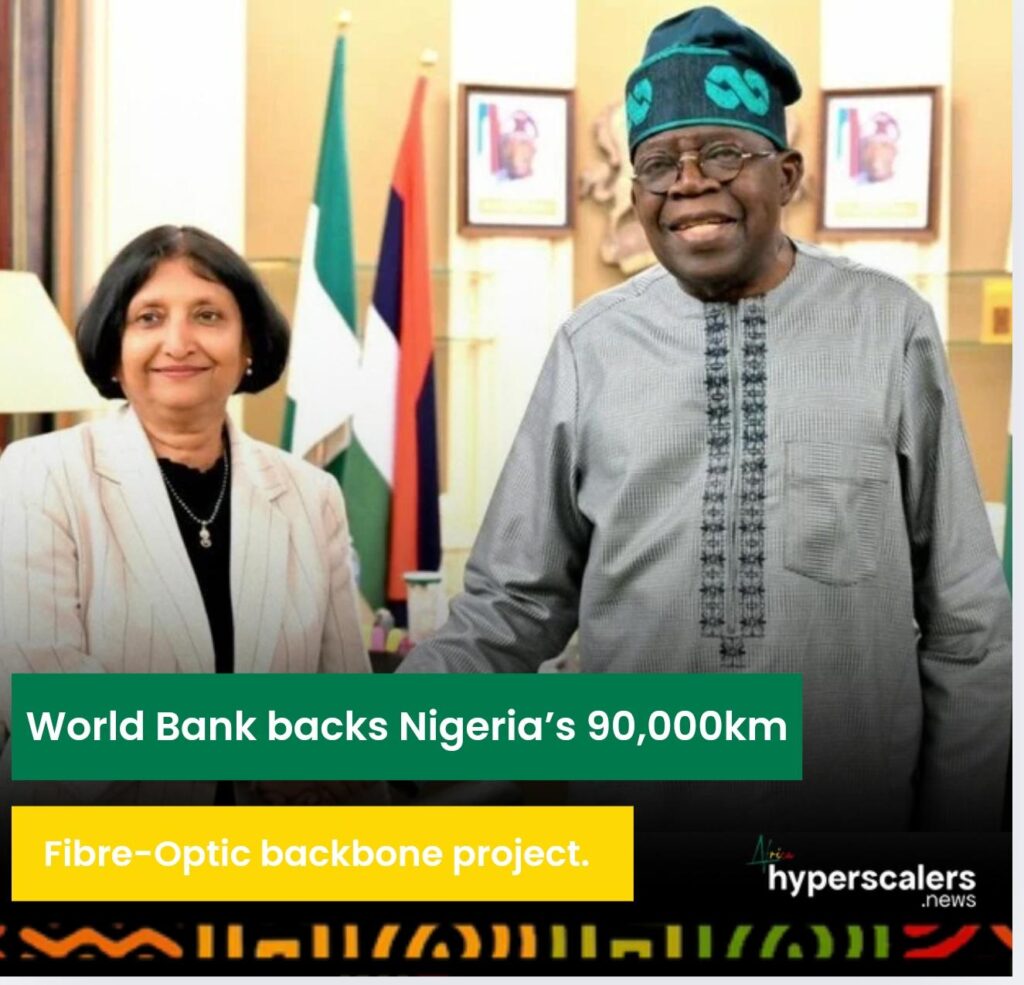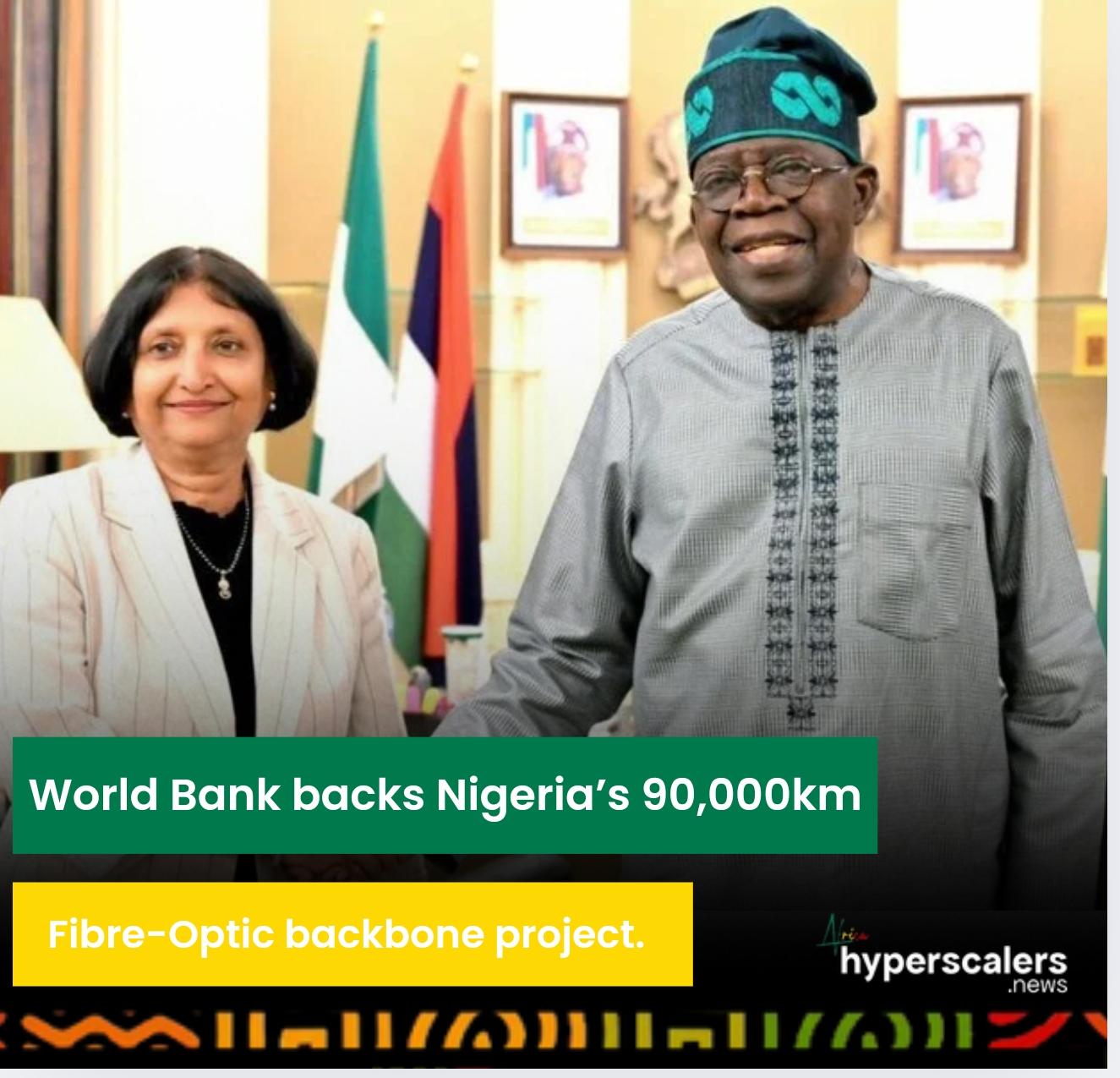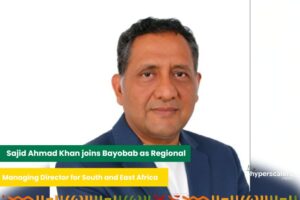World Bank Group Managing Director and Chief Financial Officer, Anshula Kant, on Wednesday confirmed the Bank’s support for Nigeria’s ambitious plan to lay a 90,000km national fiber-optic backbone — one of the largest projects of its kind globally. She also praised President Bola Tinubu’s “ambitious macro-economic reforms,” saying, “We are working very, very closely together with this,” after her meeting with the President at the Aso Rock Villa.
Kant, who was accompanied by the Country Manager of the World Bank Group, Taimur Samad, stated, “We have a very large programme with Nigeria and, like the Minister (of Communications, Innovation and Digital Economy) was saying, one of the biggest forthcoming projects will be in the digital space — providing broadband access across the country. And then we have projects in the agribusiness space, in the energy space, and in social protection, education, and health.”
She described Nigeria as a “very, very valuable and important partner” to the World Bank Group and congratulated the country for “embarking on such ambitious reforms and staying the course.” According to her, “They are not easy to do, but already you can see the big improvements and forward momentum that is taking place in Nigeria.”
Kant emphasized the World Bank Group’s broader mission, saying, “We have embarked on a mission to eradicate poverty on a livable planet, which involves accelerating growth and creating better jobs for young people. Access to energy, access to digital services, higher productivity in agriculture, better health and education — these are our shared priorities with Nigeria.”
Her visit — the first since President Tinubu took office in May 2023 — comes amid efforts by the administration to stabilize the naira, reduce inflation, and attract investment, following the removal of fuel subsidies and the unification of exchange rates. The World Bank currently manages a $9 billion portfolio in Nigeria, spanning power, agriculture, and social protection sectors.
Nigeria’s Finance Minister and Coordinating Minister of the Economy, Wale Edun, said the Bank’s delegation discussed “the overall partnership,” with a focus on the fiber rollout. “It is geared at the sector which will make use of the facility, pay for it, and therefore make the project highly viable,” he said.
The Minister of Communications, Innovation and Digital Economy, Bosun Tijani, described the initiative as a “once-and-for-all infrastructure that will ring every geopolitical zone and feed fiber into homes, schools, and hospitals.” According to Tijani, the federal government will hold a minority stake in the project, while private sector partners provide 51% of the funding.

He said, “We can’t become smarter with agriculture, scale education, or deliver modern healthcare without good connectivity. There are few investments that can add 1.35 percentage points to GDP for each 10 per cent jump in broadband quality.” He added that digging could begin by year-end once the detailed route map is released, and that the Federal Executive Council has approved the 90,000km fiber backbone.
Tijani explained that while Nigerians often complain about poor connectivity, service quality is determined by the underlying infrastructure. “We intend to fix this once and for all — delivering fiber-based links to homes, offices, schools, and hospitals,” he said. He further explained that the network will follow a ring design covering all six geopolitical zones, with local connections in each state.
He confirmed that the World Bank is helping to structure a special-purpose vehicle (SPV) for the project. “The government will invest alongside private partners. The entity will be managed independently of government and recoup costs through user fees, making it self-financing rather than loan-driven,” he said. “This is an investment that will keep giving. Connectivity now underpins all sectors. Our creative economy, precision agriculture, education, and healthcare cannot scale without robust broadband.”
Tijani said that design work is complete, with the public route map expected within two months and groundbreaking targeted before the end of 2025.
The World Bank’s ongoing Nigeria programme includes $1.5 billion for power-sector recovery, $700 million for adolescent girls’ education, and $500 million for rural roads. Kant also hinted at upcoming projects in agribusiness value chains, renewable energy, and broadband infrastructure. She noted that the World Bank is also co-designing a concessional-finance window for small and medium enterprises.





